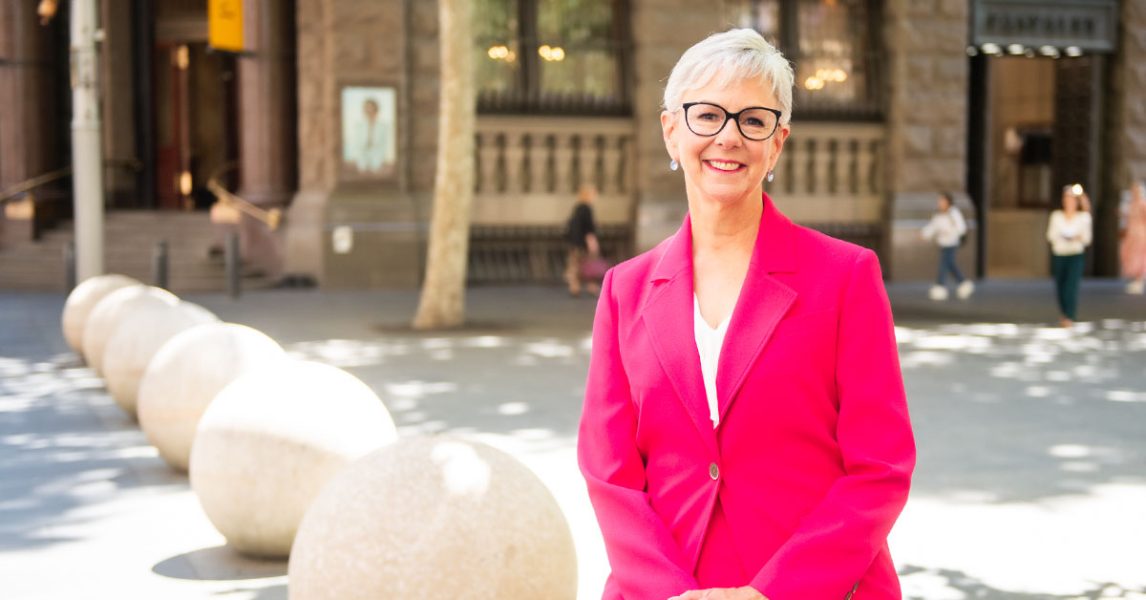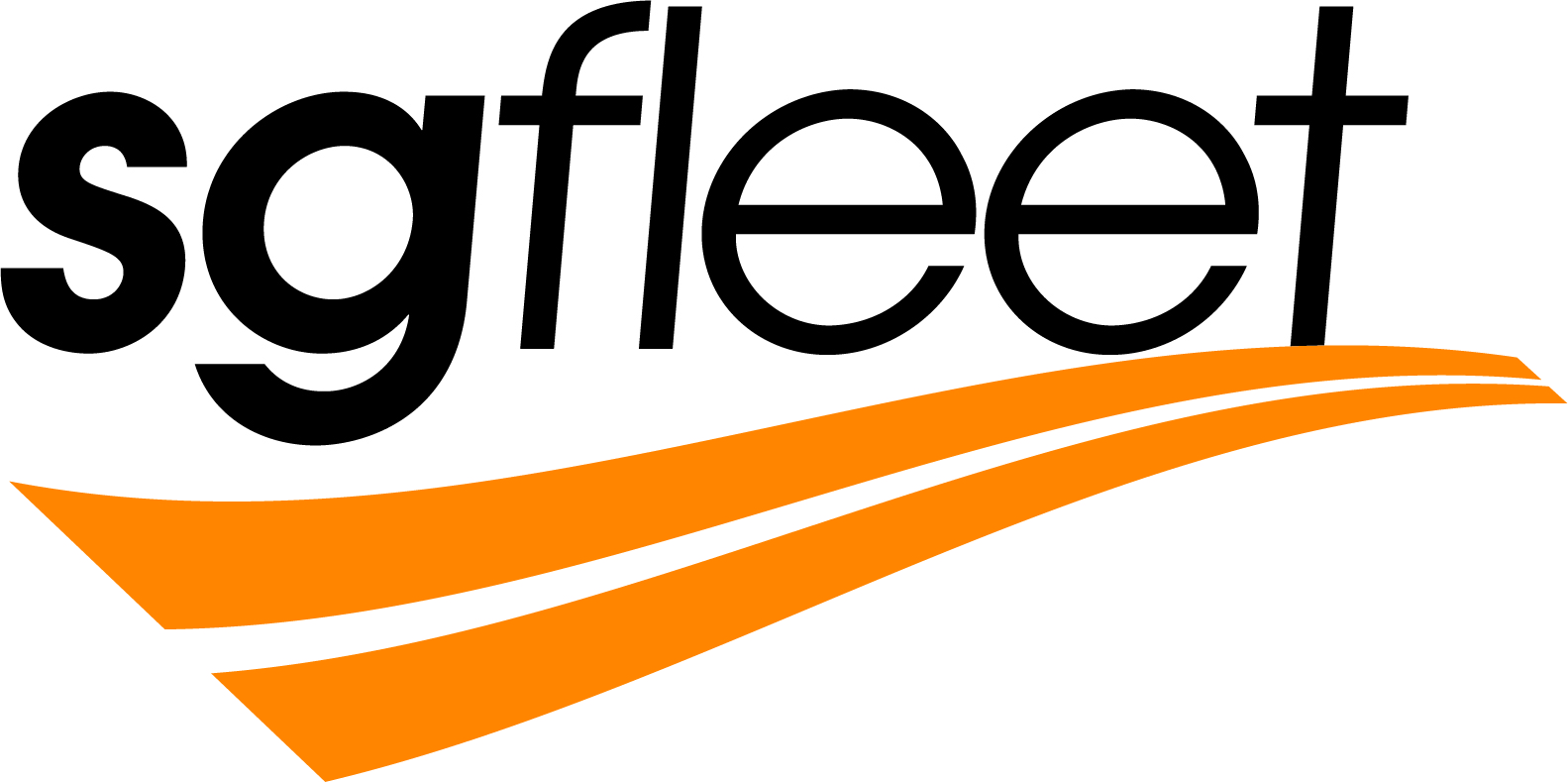
The Future of Employee Retention: 9 Keys to keep your best people from walking out the door
For your employeesSG Fleet hosted an insightful masterclass on the future of employee retention as part of its Workplace 2035 Webinar Series. The session, led by Kim Seeling Smith, a renowned business futurist, explored the dynamic shifts in workforce expectations and the critical role of employee retention in navigating these transformations. With a focus on practical solutions, the discussion revolved around Kim’s “Nine Currencies of Choice” framework, developed over 15 years through of extensive research and more than 5,000 exit interviews.

The New Workforce Landscape
Kim emphasised that Australia’s workforce is at the cusp of a significant transition. Although the current economic climate may temporarily slow talent competition, she warned that by 2025, critical talent shortages will re-emerge. However, this challenge goes beyond mere numbers. Driven largely by the impact of COVID-19, workers have become increasingly selective, reevaluating what they value in their careers.
“Many people are looking back at the hamster wheel they were on pre-COVID and saying, ‘I’m not getting back on that,’” Kim explained. These shifting priorities underscore the importance of creating meaningful work experiences to attract and retain talent.
AI and the Future of Work
While AI has the potential to reshape job roles by automating mundane tasks, Kim dispelled the myth that technology alone will solve talent shortages. Instead, AI will allow professionals to engage in more innovative and strategic work, driving organisations to rethink how they manage human resources. “AI will take some jobs, but it will also create more opportunities—85 million jobs may be displaced, but 97 million new ones will emerge,” she noted, quoting the World Economic Forum. 
The Nine Currencies of Choice
Kim introduced her “Nine Currencies of Choice” model as a practical framework to improve retention by aligning with employee expectations. She highlighted that employees are often motivated by factors beyond salary, and organisations that focus solely on perks—like gym memberships or snacks—miss the mark. While such incentives offer short-term satisfaction, they fail to provide sustainable engagement. Instead, Kim urged managers to understand what truly matters to employees through these nine “currencies.”
During the session, the participants chose to focus on three of the “currencies” – the importance of knowing what success looks like, career development, and personalised appreciation:
- Clarity on Success: Kim argued that traditional task-based job descriptions can hinder performance. Instead, she advocated for adopting OKRs (Objectives and Key Results), which focus on outcomes rather than rigid processes. This shift helps employees understand how their work contributes to the organisation’s success. “When people are clear about what’s expected of them, not only do they perform better—they behave better,” Kim explained.
- Career Development Conversations: Kim stressed that managers must engage employees in meaningful career conversations more than once a year. “If we only talk about career aspirations during performance reviews, it’s like expecting a relationship to thrive on one conversation a year,” she quipped. She shared a moving example of a finance manager who discovered, through such a conversation, that her employee aspired to become an accountant – a goal the manager had never previously considered.
- Tailored Appreciation: Kim debunked the myth that public recognition motivates everyone, sharing a personal story about a high-performing employee who preferred quiet acknowledgment over public praise. This example underscores the importance of understanding individual preferences when expressing appreciation.
An overview of the complete “Nine Currencies of Choice” model can be found here.

Looking Ahead: Building a Future-Ready Workforce
In closing, Kim emphasised the importance of aligning organisational practices with evolving employee expectations. The session encouraged managers to rethink job descriptions, prioritise meaningful conversations, and build a culture of appreciation to drive engagement. She left participants with practical advice: abandon outdated management practices, adopt OKRs, and invest in team members’ growth and development.
This masterclass offered invaluable insights for business leaders preparing for the future of work. As Kim aptly put it, “The workforce has fundamentally changed – and it’s time we design it again.” Organisations that embrace these strategies will not only thrive in the age of AI but also become employers of choice in a competitive market.
SG Fleet’s Workplace 2035 series continues to provide thought-provoking content that helps organisations prepare for the evolving workplace. The next session will dive deeper into flexible work arrangements – a timely topic as companies navigate the return-to-office dynamics.

About the author
Kim Seeling Smith is a Business Futurist who helps organisations thrive through the rapidly changing world of AI and the Polycrisis (where multiple crises intersect and affect each other). https://kimseelingsmith.com/
 Driving Insights
Driving Insights




